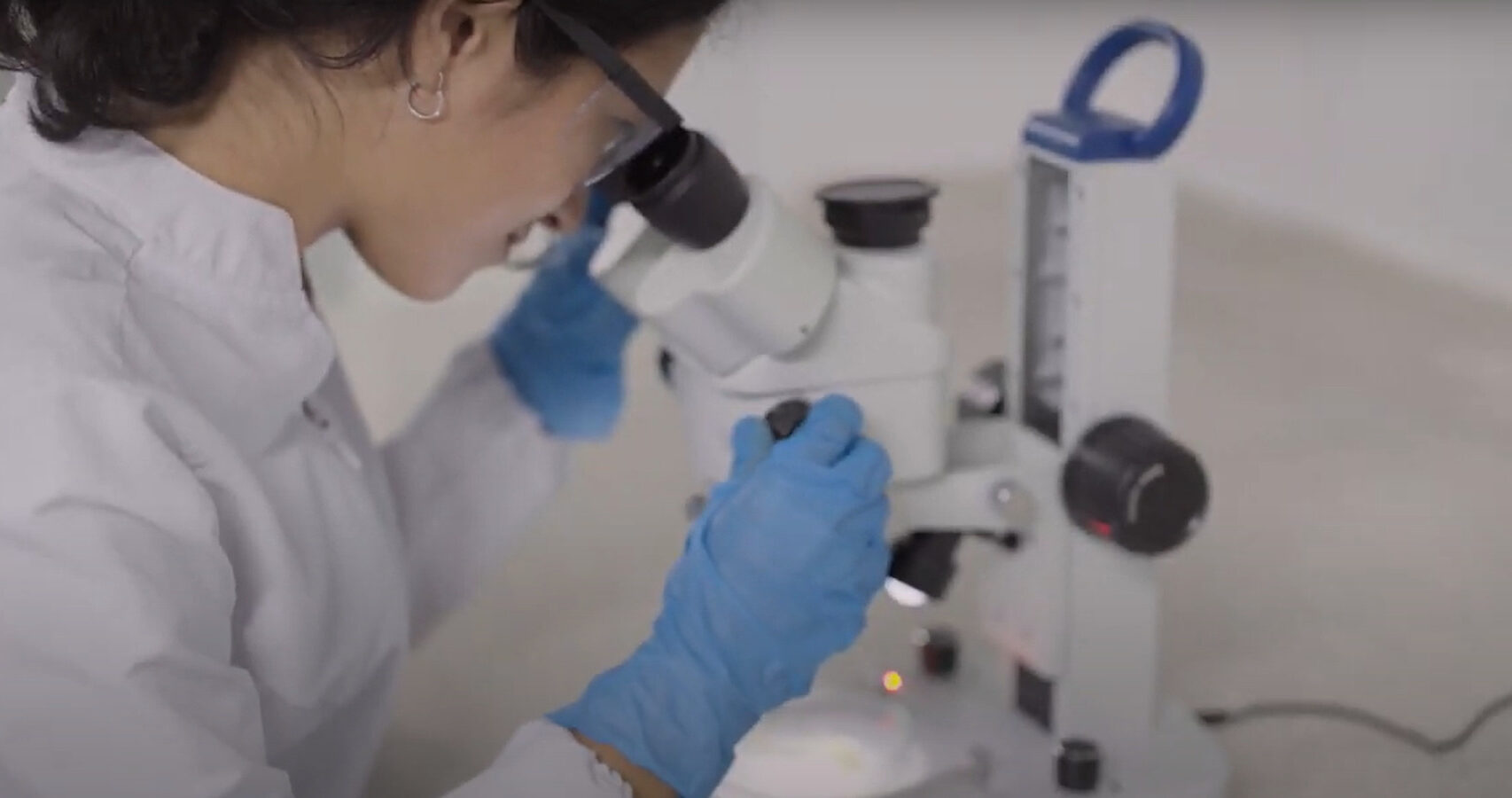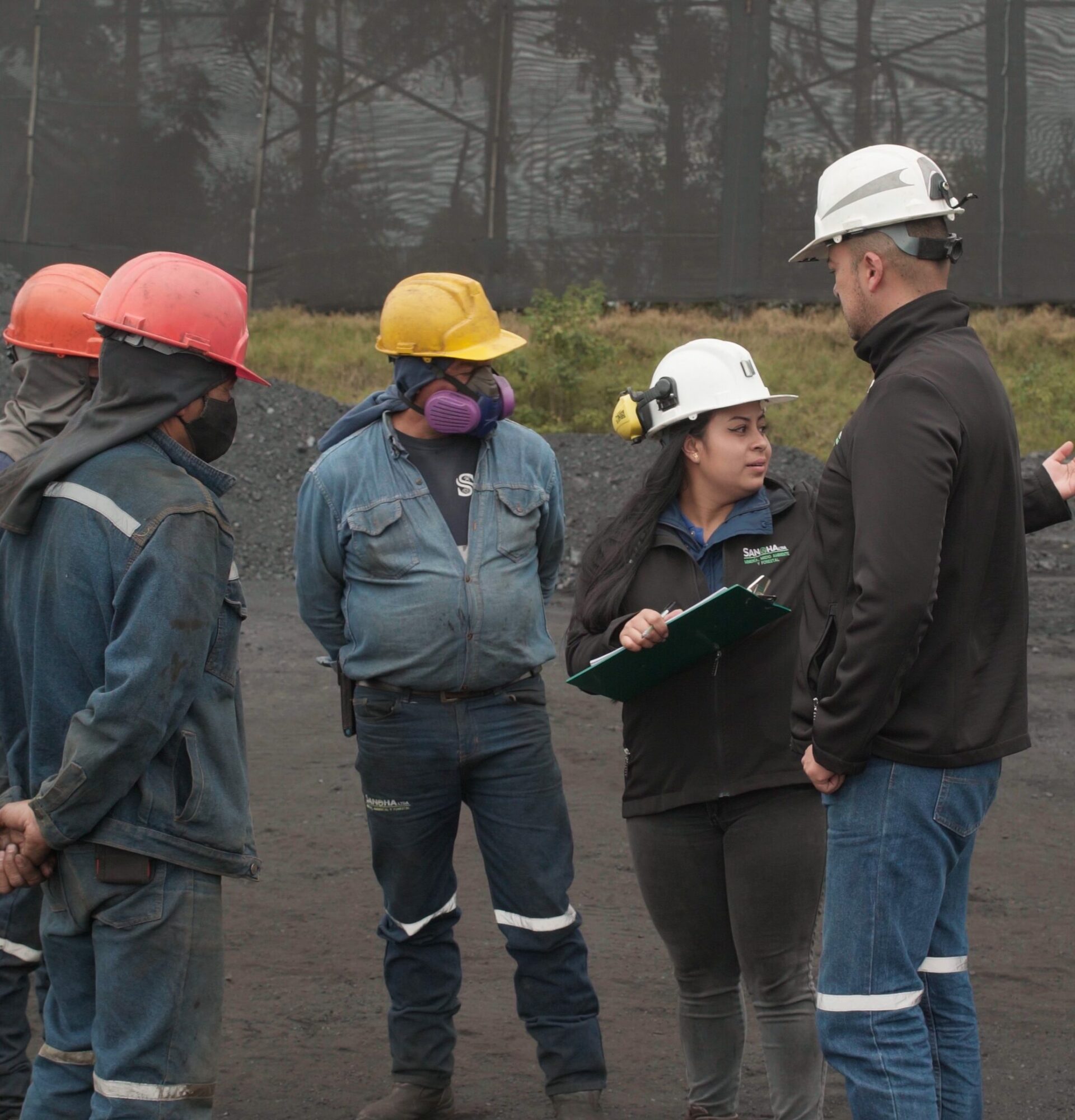Following the example of the Canadian model, in which colleges are stakeholders in the development of their communities, some partnerships have focused their efforts on relations with business and the community, developing services such as applied research centres, lifelong learning, or fab labs. This approach allows training institutions to have a closer relationship with the productive sector and to create “win-win” partnerships that foster trust and, ultimately, the integration of young graduates into the labour market.
Applied research provides real-world experience for students and helps the community or companies that would not have the means to carry out such research and development (R&D) studies on their own.
Discover the projects for Business and Community Services:
Project B04 – Applied research: innovation accessible to all and support for the promotion of entrepreneurship
Project B05 – Leadership, change management, and development of an applied research centre
Project B08.2 – Innovation in institutes: the example of fab labs





